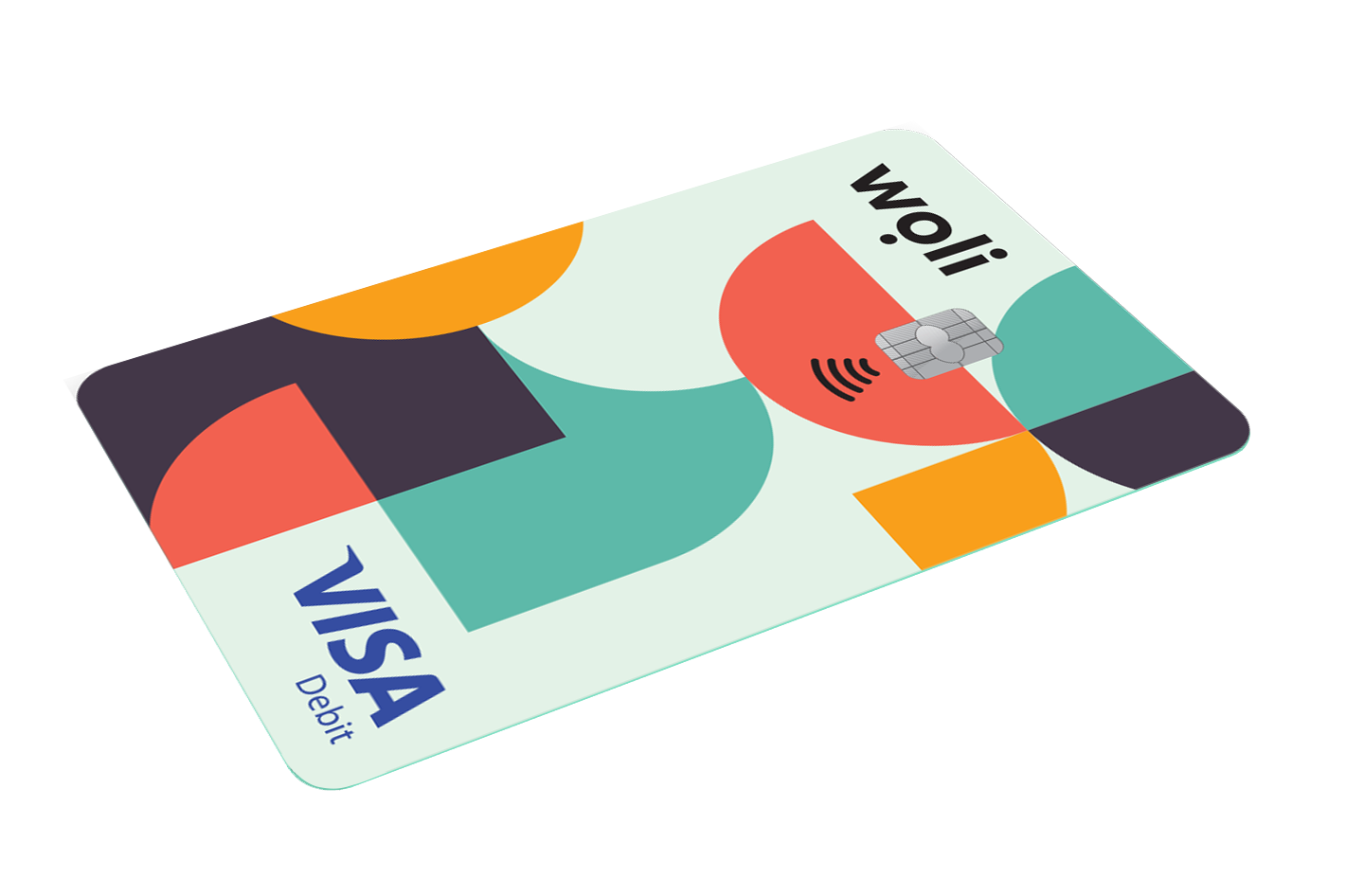How can anyone hate it? From the very beginning of its existence, money has been the means to make fairer and more efficient transactions.
People used them to determine the value of their products and thereby buy and sell, meeting their needs. Over time, money has evolved into and acquired many other aspects.
In some societies at times there were groups of people who began to own more money. It has been shown historically that some of these groups, based on their economic prosperity, sought and managed to have greater influence on issues concerning their society. Thus, little by little, based on their financial ability, the first social classes were formed, such as the aristocrats, the nobles, etc. In many cultures, money even brought the opportunity for power, since emperors or kings came from these higher classes.
This all shows us that money, as well as the way we perceive and manage it, is not independent of what we are and how or where we live. For some, money is a means of survival and for others the vehicle to reach their goals. For some, it is a means of giving, for others a means of social recognition, while for others, money acquisition is a life purpose and a means of control and imposition.
From the above, it seems certain that the relationship we have with money reflects who we are and how we perceive our place in the world and the way we make relationships.
The people, recognizing this “equation”, have produced many quotations that present it, such as: “stingy in the pocket, stingy in feelings”, that is, how the relationship with money highlights our personality. Still, the people say: “you have piastres, you have a language” or “money makes an orator and poverty is bad”, that is, how money can act as a means of recognition and imposition. Familiar is also the: “the coffee maker loves him but for his brother-in-law he does not want him”, that is, how the management of money determines our relationships with people.
What kind of relationship do you have to do with money? What do you dream of doing and how do you think about managing them? What can this indicate about yourself and how you communicate with your friends or family? How can you acquire the skills and knowledge so that money can become the means to fulfill your dreams?
All of this and so much more we will learn together through Woli Academy! Join us!
*Paraphrase the well-known opinion for the needs of the article









